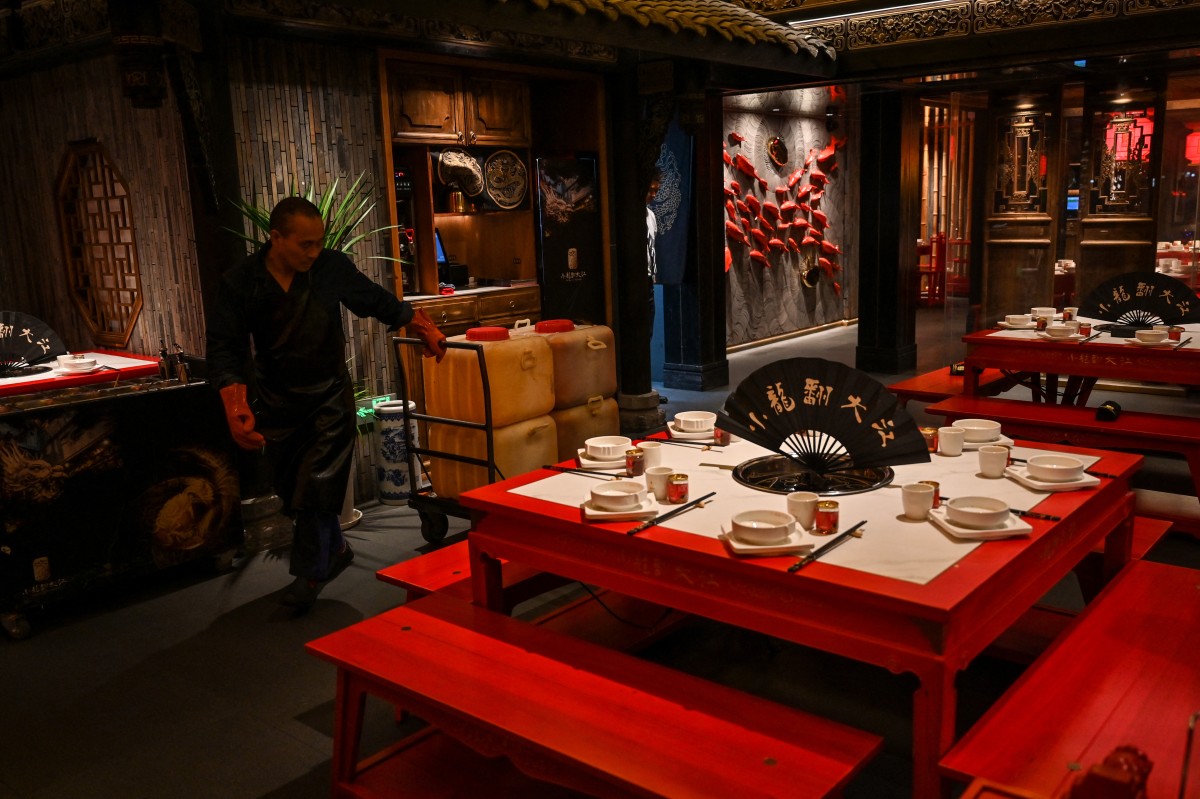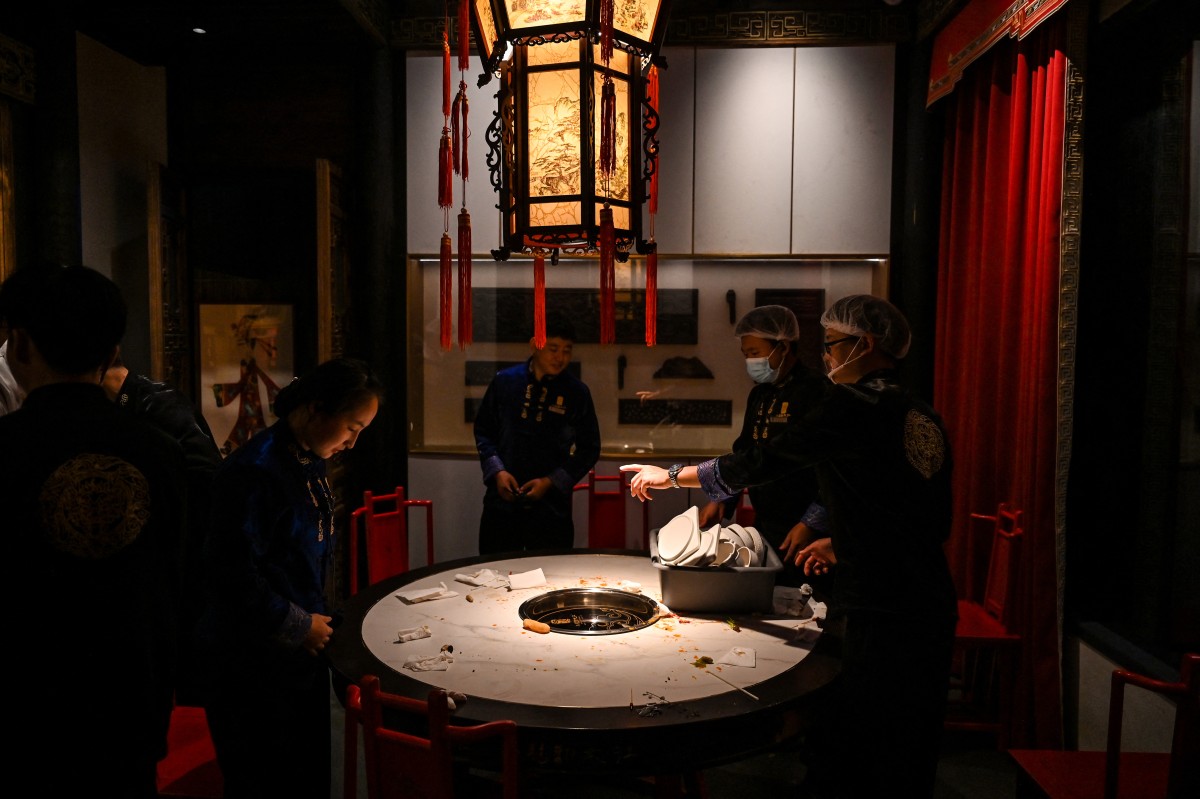ALBAWABA - Chengdu, known for its love for hotpot, is not only satisfying diners' appetites but also contributing to a more sustainable aviation industry by transforming hotpot oil into jet fuel.
Sichuan Jinshang Environmental Protection, a local business in the Chinese city, has found a unique way to process the approximately 150000 tonnes of used hotpot oil discarded by restaurants each year. The company collects the greasy waste and exports it to be transformed into jet fuel.
With a motto that promotes turning "oil from the gutter" into jet fuel that "soars in the sky," Sichuan Jinshang has been producing up to 150000 tonnes of industrial-grade oil annually since its launch in 2017.
Collectors hired by the company visit hundreds of hotpot restaurants and other eateries in Chengdu, including KFC outlets, to gather the leftovers.

(Photo by Hector RETAMAL / AFP)
After being emptied from the hotpot, the broth is filtered to separate the oil from the water. Workers collect the oil and transport it to a nearby plant, where it undergoes a refining process to remove impurities and water, resulting in industrial-grade oil.
This oil is exported primarily to clients in Europe, the United States, and Singapore, who further refine it into sustainable jet fuel (SAF). Despite the importance of SAFs in decarbonizing the aviation sector, their adoption is constrained by processing costs and limited suppliers.
Jinshang plans to expand its operations by establishing its own SAF-producing facility. The company aims to produce 300,000 tonnes of SAF annually using equipment from US firm Honeywell.
Increasing the production and use of SAFs could contribute significantly to reducing emissions and achieving aviation's net-zero goals by 2050, as estimated by the International Air Transport Association.

(Photo by Hector RETAMAL / AFP)
Jinshang's business model tackles China's food waste problem, where 350 million tonnes of farm produce are wasted each year. This prompted Beijing to invest in innovative food waste processing projects. In Shanghai, black soldier flies are used to convert food waste into fertilizer and animal feed at waste treatment facilities.
By finding creative solutions to the food waste problem, companies like Sichuan Jinshang and waste treatment facilities in Shanghai are making significant strides toward a more sustainable future.
Through their efforts, waste is being transformed into valuable resources, jet fuel is one of them, contributing not only to environmental conservation but also to the development of a circular economy. Ultimately, these initiatives are paving the way for a more efficient and environmentally responsible society.









